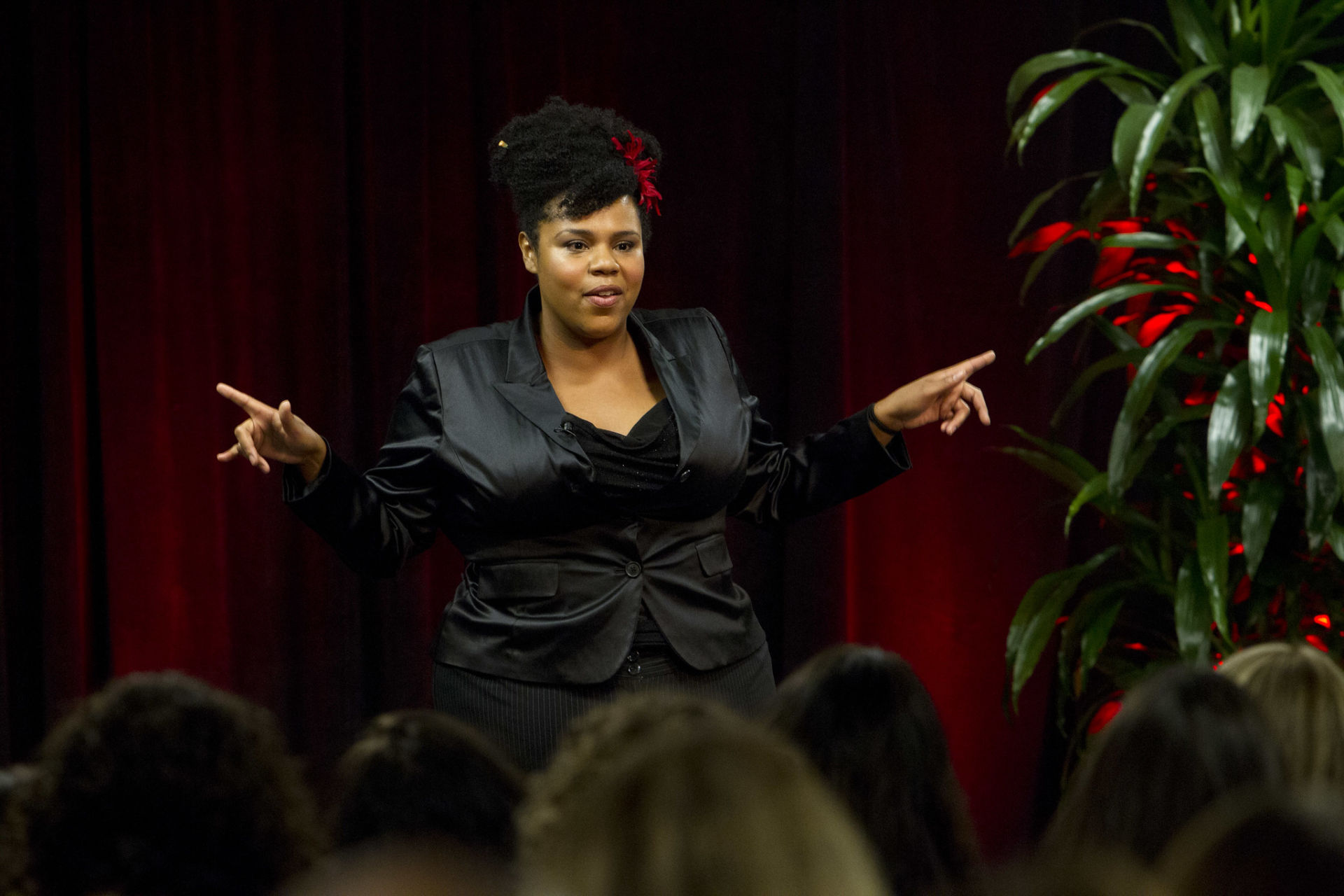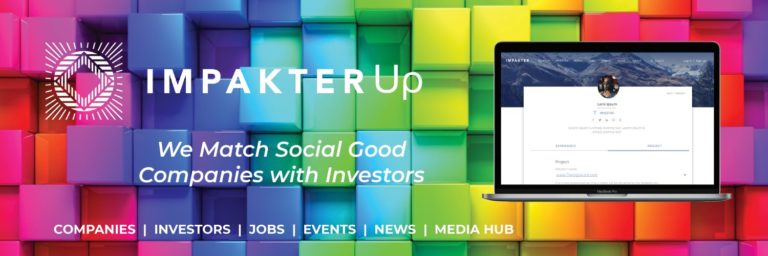Managing Director at MIT Solve, Hala Hanna, explains why supporting Women Entrepreneurs is key for a real global economic recovery.
If you haven’t heard that the Covid-19 pandemic has disproportionately impacted women globally, let me catch you up. The pandemic has erased decades of hard-earned gender gap narrowing. Women-owned businesses were more likely to close than men’s.
Women lost their jobs at higher rates than men did. Women downshifted careers or dropped out of the workforce altogether under the pressure of care responsibilities. And to top it all up, violence against women saw an uptick. The United Nations has warned of a “shadow pandemic” with “devastating social and economic consequences for women and girls.”
As we move from short-term mitigation tactics such as cash transfers and other much-needed social protection measures like childcare and parental leave coverages—to longer-term recovery strategies, supporting women entrepreneurs is one of the most effective tools to revive growth in a sustained way.
The Case for Women Entrepreneurs as Key to Recovery
Entrepreneurship has been the backbone of every economic recovery. The 2019-2020 Global Entrepreneurship Monitor report details that challenging economic times can ignite entrepreneurship, jumpstarting job creation. In the US, minority and women-owned businesses were particularly strong job creators and stabilizers of the economy following the 2008 financial crisis.
Times of economic crisis jumpstart women’s foray into entrepreneurship. Necessity motivates women to start businesses and decreases their fear of failure. As one more data point, Solve’s 2020 Global Challenges saw an increase in the percentage of submissions by women from 38 percent in 2019 to 43 percent in 2020.
In the face of the extraordinary shock of the pandemic, women entrepreneurs have been responding with great enterprise, agility, and optimism. At Solve, 52 percent of our Solver teams are women-led. We saw them aggressively adapting to the crisis, tapping into new business opportunities, realigning existing models, readjusting marketing, and modifying their products and services.
Take LifeBank, a startup that combines data, smart logistics, and technology to deliver medical supplies, and has been delivering blood donations and oxygen throughout Nigeria. When the pandemic began, LifeBank pivoted to partner with the Nigeria Institute of Medical Research to build a drive-through mass Covid-19 testing center in Lagos. LifeBank’s revenue has grown threefold year on year and grew the number of lives they’ve been able to serve by a factor of two and a half.
The finding that women are quick to shift their business models to become more relevant has been confirmed repeatedly. And looking beyond the challenging near-term circumstances, if we were to retain the productivity gains and flexibility provided by working from home, the greater adoption of virtual interactions creates an enabling environment for women who continue to bear the brunt of care responsibilities at home. Pair that with the mountain of research showing that companies with diverse workforces weather recessions better than those without—and women-led enterprises have a promising future ahead.
How to Support Women Entrepreneurs
Supporting women entrepreneurs is one of the most effective tools to revive growth, create jobs, and generate transformational economic impact. For a sustained recovery, we can support women entrepreneurs in two immediate ways: ease capital constraints and support the right entrepreneurial programs.
Ease Capital Constraints
The most significant hurdle women entrepreneurs face is their unequal access to finance. That’s true worldwide. Despite women entrepreneurs being ready and able to receive funding of all types, companies (co)-founded by women receive less than half the investment capital as male-founded companies on average.
According to a BCG study, US women founders receive only a small fracion of venture capital deals (4.4 percent) and only about 2 percent of all capital. This enormous gap was narrowing, until the pandemic. In 2020, funding to female founders was down 31 percent from 2019, while funding for all-male teams dropped by 16 percent.
Related Articles: Women Entrepreneurs Surviving COVID-19 | The Case for Women Entrepreneurs in Post Civil War Societies
If you’re an investor, remember that women-founded and co-founded companies outperform their peers. The BCG study puts it at 10 percent additional cumulative revenue over five years. Female founders and CEOs continue to exit faster and at higher values.
If you’re a policymaker, include micro-and small businesses in your bailouts and support measures, as women entrepreneurs are relatively more represented in those sectors. To ensure private-sector financial support and access to credit is equally available to women and men, track it by gender and other diversity metrics to hold lenders accountable.
If you’re a woman with wealth, consider targeted investing in addition to philanthropic activities. Women venture capital decision-makers improve the odds of female founders getting funding by as much as 70 percent.
Support the right programs
We know the formula for supporting women-led startups. Research by the International Labour Organization, Brookings, McKinsey, and the World Bank has found that support programs like Solve’s, which combine financing (a mix of grants and investments) with mentorship, peer-to-peer networking opportunities, and targeted training, have the soundest track record of supporting women-led start-ups and the growth of existing female entrepreneurs.
Naturally, this has to start with selecting enough women into these programs and offering them a conducive environment to succeed. That’s why at Solve we obsess over selecting the most promising and diverse Solver class every year. Many programs still suffer from bias in the recruitment process which includes an extensive background check, one-size-fits-all programming, and/or “bro-culture.”
These barriers to diversity can all be corrected by working with diverse partners, judges, mentors, and trainers; expanding recruitment networks to diversify the pipeline; design curriculums intentionally tailored to more diverse needs; and fixing the program’s culture—from external marketing to internal communications and norms.
Accelerators and incubators must insist on meaningful diversity for recruitment and adequate programming and networking.
Dramatic exogenous shocks can shape societies for generations. The pandemic has erased decades of hard-earned gender gap narrowing. McKinsey has modeled the potential losses estimating that global GDP growth could be $1 trillion lower in 2030 without a concerted, gendered response to the pandemic.
But there’s a proverbial opportunity in this crisis, if we decide to seize it. Women entrepreneurs have been responding to this extraordinary shock with great enterprise, agility, and optimism. The businesses they found and run can play a critical role in stabilizing the global economy.
To all those working towards recovery, our concerted response needs to include supporting women entrepreneurs as a condition to unlocking sustained growth.
— —
About the Organization: Solve is an initiative of the Massachusetts Institute of Technology (MIT) with a mission to solve world challenges. Solve is a marketplace for social impact innovation. Through open innovation Challenges, Solve finds incredible tech-based social entrepreneurs all around the world. Solve then brings together MIT’s innovation ecosystem and a community of Members to fund and support these entrepreneurs to help them drive lasting transformational impact. Join Solve on this journey at solve.mit.edu.
Editor’s Note: The opinions expressed here by Impakter.com columnists are their own, not those of Impakter.com. — In the Featured Photo: Desiree Burch speaks at the TEDx Bay Area Ignite event Celebrating Global Women Entrepreneurs. Featured Photo Credit: Jakub Mosur











